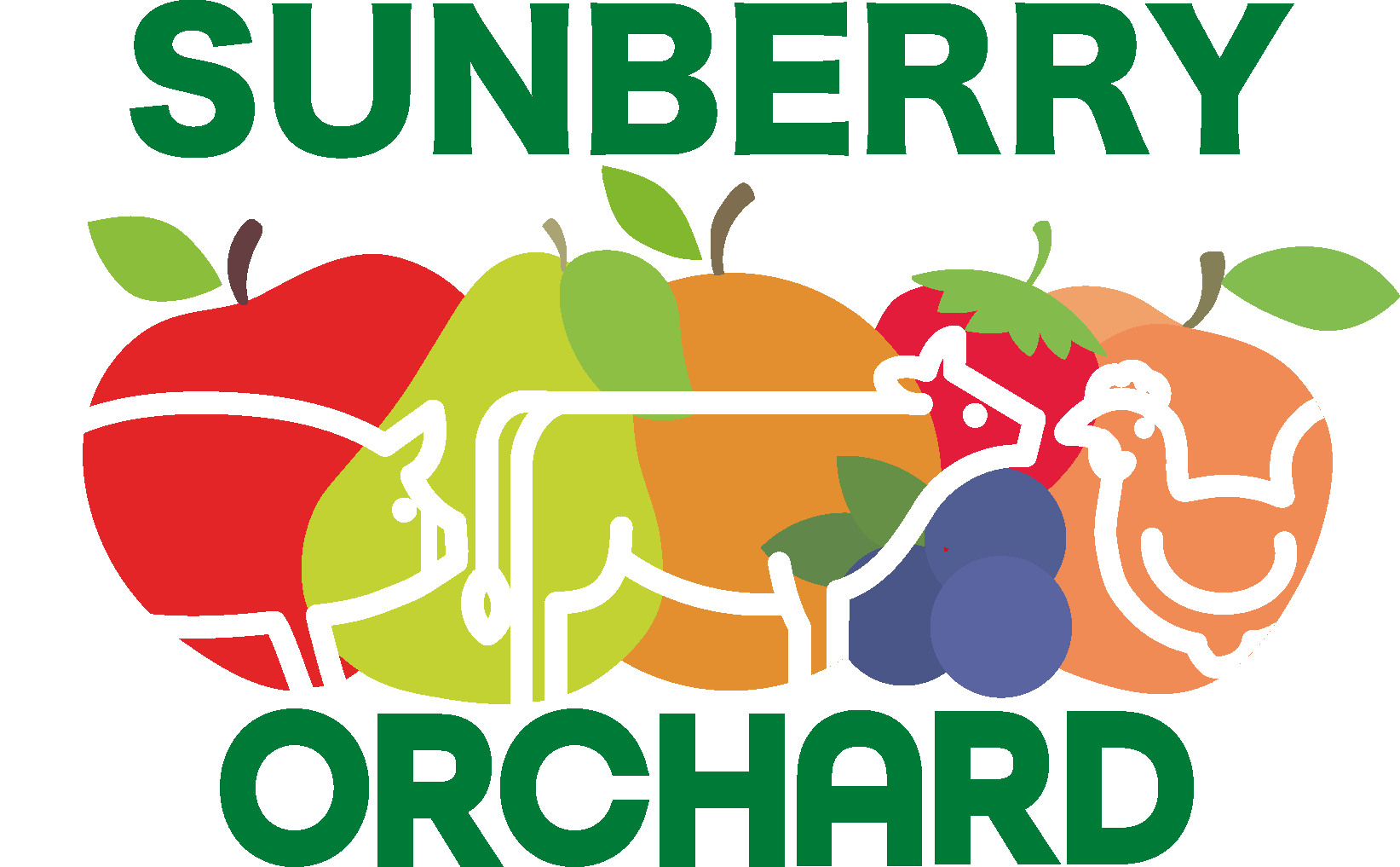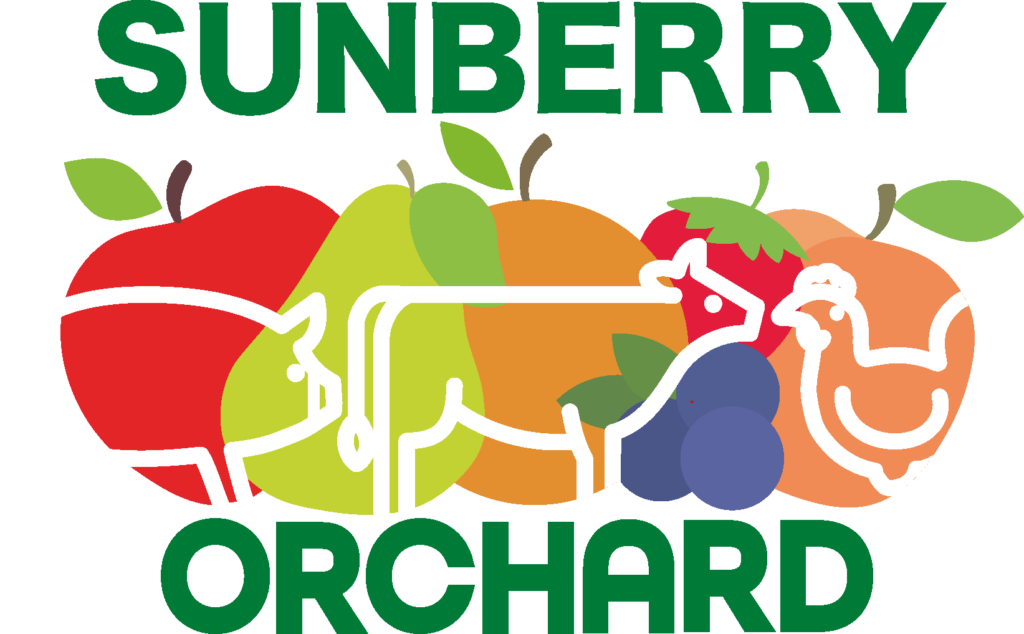Have you ever wondered what happens to all the fallen apples at an orchard after their brief moment of glory in the autumn sun? In a world increasingly conscious about waste, it’s a question worth pondering. Rest assured, though, Apple orchards have established various innovative and sustainable ways to make use of these fallen fruits.
The life of fallen apples often starts with returning to the very environment that nurtured them. Orchards commonly leave the fallen apples to decompose naturally, enriching the soil with essential nutrients and fostering a healthy ecosystem. This cyclical process bolsters the growth of future apple trees and sustains the overall productivity of the orchard, creating a perfect harmony between the environment and the farming process.
However, not all fallen apples are left to decompose. Many orchards adopt a more direct approach to recycling these fruits. They are gathered and churned into nutrient-rich compost, which is then used to fortify the orchard soil. This composting practice not only minimizes waste but also enriches the ground, ensuring the longevity and health of apple trees.
Some fallen apples also find a second life in the livestock pastures. Apple orchards often partner with local farms, supplying them with the fallen apples as a natural, nutritious food source for livestock. The animals relish these sweet treats, providing an organic and cost-effective feed solution.
In recent years, fallen apples have found their way into the food and beverage industry as well. Many cider companies and distilleries specifically source these apples for their unique and robust flavors. Often, these fallen fruits are a little more mature and contain higher sugar levels, making them an excellent ingredient for crafting deliciously potent hard ciders and apple spirits.
Furthermore, an innovative trend has emerged wherein these fallen apples are dried and ground into apple flour. This gluten-free, high-fiber product is an exciting alternative for those looking to diversify their baking and cooking. It’s not just about reducing waste; it’s about creating something new and desirable from what was once seen as discardable.
Orchards also consider the wildlife when managing fallen apples. Many intentionally leave a percentage of the dropped fruit to serve as a food source for local fauna. Birds, insects, and small mammals all take advantage of this bounty, contributing to the biodiversity and resilience of the orchard ecosystem.
So next time you visit our apple orchard, take a moment to appreciate the fallen apples. They are not merely waste but serve as an integral part of a complex, interconnected system of sustainability and innovation. They embody the orchard’s commitment to environmental stewardship and a circular economy, reminding us that nothing, even in its decline, is without purpose or potential.

